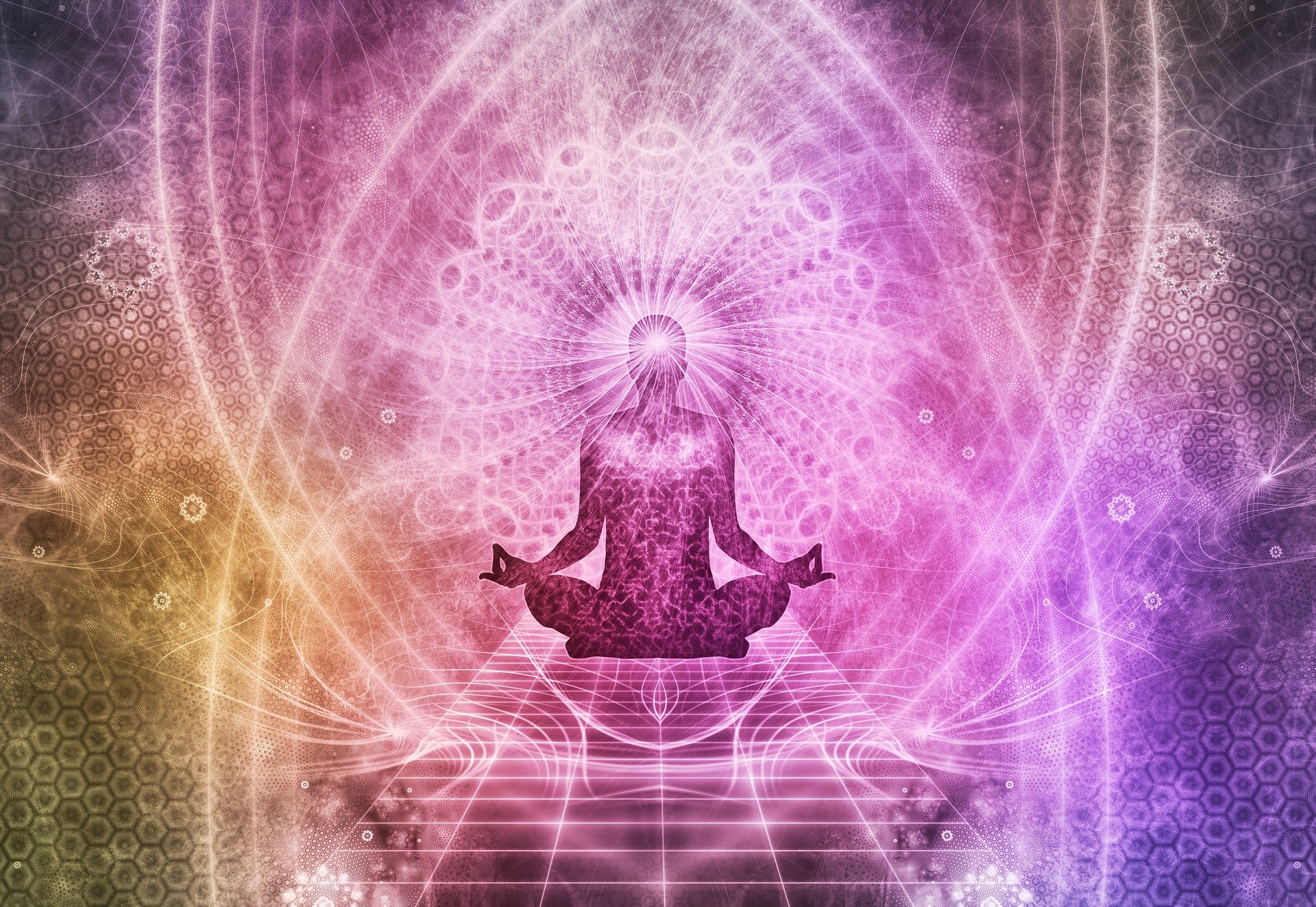
Hormones, the body’s chemical messengers, play a crucial role in regulating mood and emotions. The complex interplay between hormones and the brain can significantly affect how we feel and respond to stimuli. Understanding this connection is key to addressing various mood disorders and improving overall mental health.
1. Hormones That Impact Mood:
- Serotonin: Often referred to as the ‘feel-good’ hormone, serotonin helps regulate mood, anxiety, and happiness. Low levels are linked to depression.
- Dopamine: Known as the ‘pleasure hormone,’ dopamine influences feelings of pleasure and reward. It’s important for motivation and enjoyment.
- Cortisol: Known as the ‘stress hormone,’ it’s released in response to stress. Chronic high levels can lead to mood swings, anxiety, and depression.
- Estrogen: This hormone impacts serotonin and dopamine levels. Fluctuations can cause mood swings, commonly seen during menstrual cycles or menopause.
- Oxytocin: Often called the ‘love hormone,’ oxytocin is released during physical touch and social bonding and can enhance mood and emotional connection.
2. Hormonal Imbalances and Mood Disorders:
- Depression and Anxiety: Imbalances in serotonin, dopamine, and cortisol can contribute to depression and anxiety disorders.
- Premenstrual Syndrome (PMS) and Premenstrual Dysphoric Disorder (PMDD): Changes in estrogen and progesterone can affect mood before menstruation.
- Postpartum Depression: Hormonal changes after childbirth, along with sleep deprivation and psychological adjustments, can lead to postpartum depression.
3. The Impact of Stress:
- Cortisol Response: Chronic stress can lead to prolonged cortisol release, affecting mood and contributing to anxiety and depression.
- Adrenal Fatigue: Excessive long-term stress can lead to adrenal fatigue, impacting hormone production and mood.
4. Hormones and Sleep:
- Melatonin: Regulates sleep-wake cycles. Disruptions in melatonin production can affect sleep quality, leading to mood changes.
- Sleep Disorders and Mood: Poor sleep can exacerbate mood swings and mental health issues.
5. Diet, Exercise, and Hormones:
- Nutrition: A balanced diet can support hormone health. Certain nutrients are particularly important for hormone production and regulation.
- Physical Activity: Regular exercise can boost serotonin and dopamine levels, improving mood and reducing stress.
6. Age-Related Hormonal Changes:
- Menopause and Andropause: Hormonal changes in men and women during middle age can impact mood, often leading to increased risk of depression.
7. Treatment and Management:
- Medical Intervention: Hormone therapy and antidepressants can be effective in treating mood disorders related to hormonal imbalances.
- Lifestyle Changes: Stress management techniques, a healthy diet, and regular exercise can help maintain hormonal balance and mood stability.
Conclusion:
The link between hormones and mood is a complex and vital aspect of mental health. Understanding this connection can help in identifying the root causes of mood disorders and developing effective strategies for treatment and management. A combination of medical treatment, lifestyle changes, and psychological support is often the best approach to handling mood disturbances related to hormonal imbalances.
